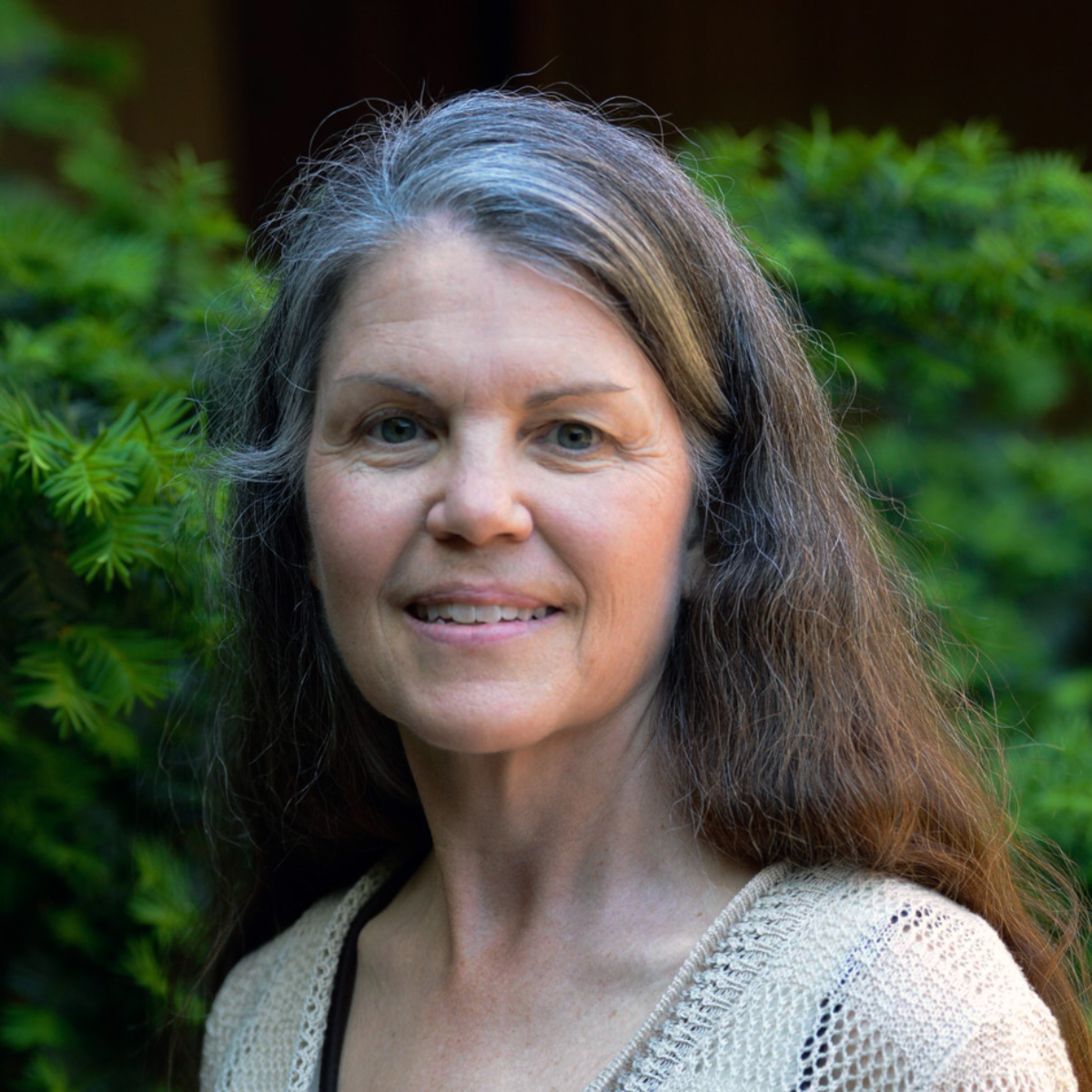Commentary on Acts 2:14a, 36-41
The reading for the Third Sunday of Easter continues Peter’s speech on the Day of Pentecost. See my Second Sunday of Easter post for background information on the Acts of the Apostles and the first verse of the reading, Acts 2:14a. In the first portion of the speech in Acts 2:22–35, Luke continues his practice from the Gospel of firmly rooting the Jesus story in the context of God’s plan that unfolds in the Hebrew Bible. Like the first portion of the speech, themes which are present in the prologue in Acts 1:1-11 come to the fore in this passage, particularly baptism and the gift of the Holy Spirit.
In verse 36, Peter declares to the “entire house of Israel,” that God made Jesus both “Lord and Messiah,” (or Christ). Here, Luke draws upon post-resurrection titles for Jesus which he also used in the Gospel (Messiah: 2:11, 26; 4:41; 9:20; 20:41; Lord: 2:11; 10:1, 40, 41; 11:39; 12:42; 22:61). Once again, the culpability of Jesus’ own people in his death is cited (see my Second Sunday of Easter post for more on this topic). The people’s response to Peter’s sermon is immediate: “What should we do?” Their words mirror those of the crowds who went out to hear John the Baptist at the beginning of Luke’s Gospel. John was “proclaiming a baptism of repentance for the forgiveness of sins” (Luke 3:3). To that crowds’ question, John demands acts of mercy: provide clothing and food for those who have none; to the tax collectors’ and soldiers’ inquiry, his response calls them to conduct their business honestly: tax collectors should collect no more than they are required to and soldiers should not exhort money (Luke 3:10-14). John’s admonitions are concrete examples of repentance, which is “a change of mind and action.”1
While Luke does not inaugurate Jesus’ ministry with a proclamation to repent as Matthew and Mark do (Matthew 4:17; Mark 1:15), Jesus does preach repentance throughout his ministry (5:32, 13:3, 5; 15:7, 10; 17:3). Then in the final scene of the Gospel, immediately prior to his ascension, Jesus issues the call for “… repentance and forgiveness of sins is to be proclaimed in my name to all nations beginning from Jerusalem. You are my witnesses to these things” (Luke 24:47-48).
Peter’s words to the crowds in his audience echo the preaching of both John the Baptist and Jesus, “Repent, and be baptized every one of you … so that your sins may be forgiven” (Acts 2:38). Repentance is one of the main themes in Acts, and indeed is a hallmark of Jesus’ community of followers. It is the precursor to the forgiveness of sins, another characteristic of the Jesus following community. In his sermon before Agrippa, Paul defines more clearly what it means to repent, “turn to God and do deeds consistent with repentance” (Acts 26:20). It is changing our mind and actions to reposition our lives toward God and to align our actions more closely with the will of God.
Two factors distinguish the baptism that Peter declares from John’s baptism. First, this baptism in the name of Jesus is required for sins to be forgiven, and second, this baptism imparts the gift of the Holy Spirit (though see 8:15 for a story of some Samaritans receiving the Holy Spirit subsequent to their baptism in the name of Jesus). The Holy Spirit plays an active role throughout Luke–Acts. The Holy Spirit was invoked in the birth announcements of both John and Jesus (Luke 1:15, 35 respectively). John the Baptist declared that Jesus would baptize with the Holy Spirit (3:16).
The Spirit guides both Jesus’ ministry and the growth of the Jesus community after the resurrection. In his book on the Apostles’ Creed, Brother David Steindl-Rast states that “The Holy Spirit creates Holy Community,” 2 which is the story that Acts will turn to following Pentecost. Drawing again upon the words of Jesus from Luke 24:47 to preach to “all nations,” Peter expands who is included in this community. It is no longer just those persons gathered in Jerusalem for the Jewish festival, but all of their descendants, both male and female offspring. Even beyond that, those who are far away from Jerusalem in the Diaspora are included as well. Indeed, anyone who calls upon the name of God, Jew or Gentile, will receive the promise of the Holy Spirit.
Much in this passage evokes for me the last stanza of the Apostles’ Creed, which traditionally reads, “I believe in the Holy Spirit, the holy catholic Church, the communion of saints, the forgiveness of sins, the resurrection of the body and the life everlasting.” Just as Luke wrote Acts as a catechesis for new believers, so too is the Apostles’ Creed a concise summary of what the church believes. Brother David writes that the “Holy Catholic Church,” does not refer to the Roman church (though he himself is Roman Catholic), but to “a living community inspired by a living God.” The “communion of Saints,” is a community of sharing manifested by the Spirit. I find his description of the “forgiveness of sins” particularly helpful. Brother David focuses upon the singular form of the word, “sin,” (as the Apostle Paul generally does in his writings as well). Sin is alienation, “from who we really are, our authentic Self.” It is a condition rather than an action. Although we often focus upon sin as wrong deeds and actions, a much deeper understanding of sin is this sense of alienation. Brother David concludes that “the opposite of alienation is belonging. Forgiveness reestablishes belonging on all levels.”3 All of this, he writes, is within the context of this holy community founded by the Spirit; it is part of who the Spirit is.
Notes
- Barbara Reid, “The Acts of the Apostles,” in New Interpreter’s Study Bible ed. Walter J. Harrelson (Nashville: Abingdon, 2003), 1960.
- David Steindl-Rast, Deeper than Words: Living the Apostle’s Creed (New York: Image Books/Doubleday, 2010), 138. Brother David’s book makes a great Lenten study. It is accessible and concise.
- Quotes in this section are from Steindl-Rast, Deeper than Words, 139, 144, 149 respectively.


April 23, 2023